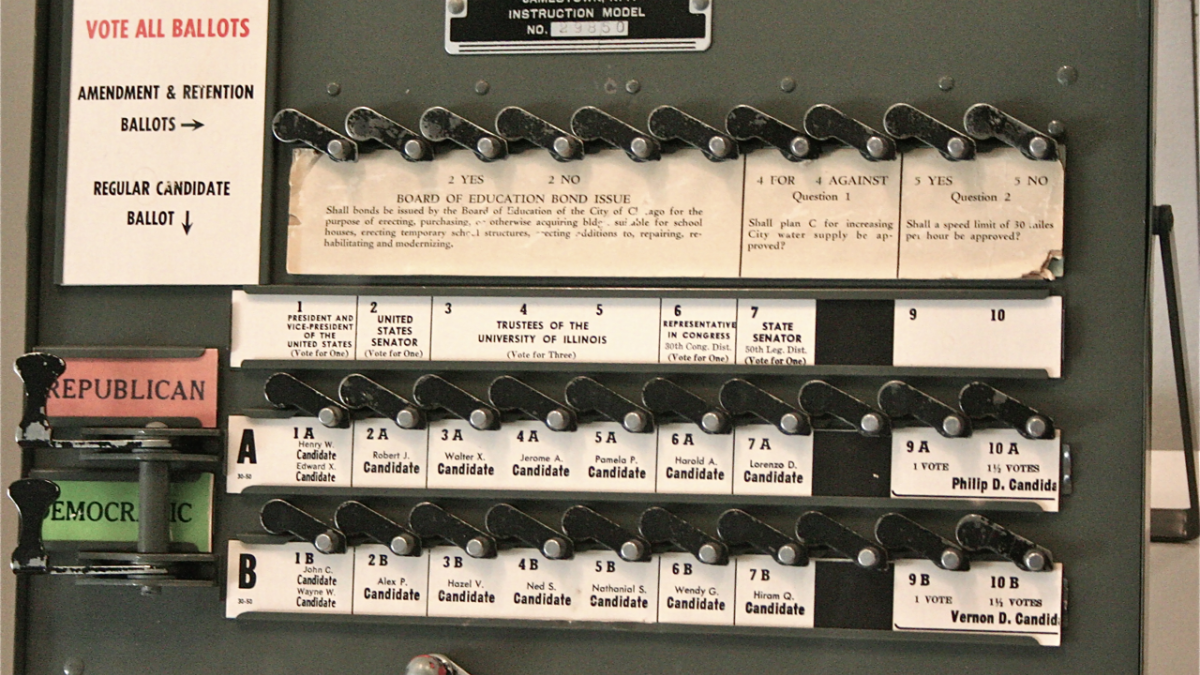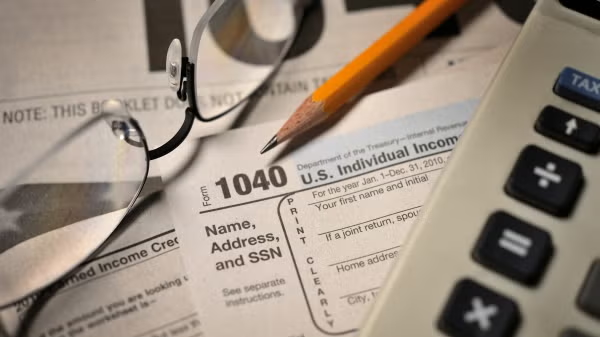ASU Goldwater Conference to bring renowned scholars for national politics discussion

As the 2016 presidential election approaches in November, more than three dozen academic scholars in political science will gather to examine the data behind political campaigns, voter turnout and voting trends.
The two-day Goldwater Conference, “Campaigns, Elections and Representation,” will take place on Arizona State University’s Tempe campus Friday and Saturday, April 1-2.
Noted political scientist and professor Morris P. Fiorina, the Goldwater Chair and Senior Fellow at Stanford University’s Hoover Institution, will kick off the conference with opening remarks on American politics and the study of representation and elections.
Fiorina’s recent research examines elections and public opinion with a focus on the quality of representation. He has published numerous articles and written or edited multiple books on national politics, including “Culture War? The Myth of a Polarized America,” “Disconnect: The Breakdown of Representation in American Politics” and, most recently, “Can We Talk: The Rise of Rude, Nasty, Stubborn Politics.”
“Professor Fiorina’s work has spanned over 40 years and has focused on many of the most crucial topics in American politics such as what drives voters to the polls, how voters make decisions, how representatives vote in Congress and the role of political parties in the American political system,” said Patrick Kenney, dean of the College of Liberal Arts and Sciences.
Fiorina has been elected to several prestigious academic societies, including the National Academy of Science and the American Academy of Arts and Sciences. His scholarship is required reading for all graduate students and will complement the content discussed during the ASU Goldwater Conference, Kenney said.
Conference presenters will cover the electoral landscape, the underrepresentation of women, the impacts on primary electorates, the aggregate effects of large-scale campaigns and other related topics of interest.
Featured presenters include Lynn Vavreck, Chris Tausanovitch and Kathleen Bawn from the University of California, Los Angeles; John Sides from George Washington University; Sarah Fulton from Texas A&M University at College Station; Chris Warshaw from Massachusetts Institute of Technology; Ryan Enos from Harvard; and Anthony Fowler from the University of Chicago.
John. H. Aldrich, the Pfizer-Pratt University Professor of political science at Duke University, will offer closing remarks.
“We’re proud to serve as an incubator for the cultivation of new knowledge and advancements in the field of American politics,” said Kenney. “This conference is a collection of young and established scholars who are employing interesting theories and state-of-the-art empirical methodologies to locate solutions to a number of puzzles about citizens’ beliefs and behaviors during campaigns and elections.”
More Law, journalism and politics

The politics behind picking a romantic partner
A new study reveals the role that politics play when picking out a romantic partner — particularly for older adults.“Findings…

Tips to make tax season less taxing
When it comes to highly unpleasant experiences, filing taxes is probably up there with root canals — which is why people put off…

ASU's Sports Law and Business program is in a league of its own
Breaking into the baseball business, or any other sport, is like hitting a grand slam — difficult but highly satisfying.It…